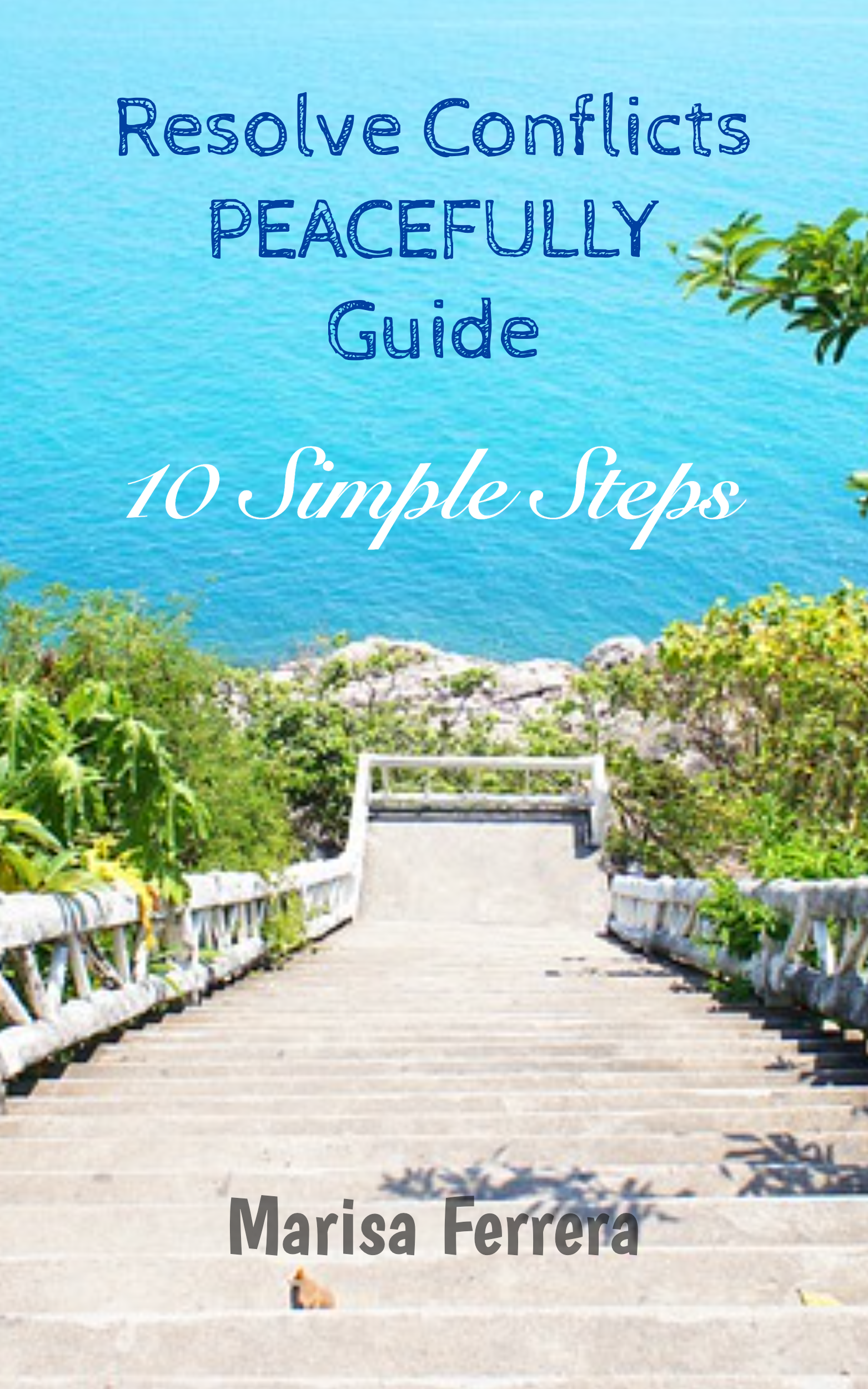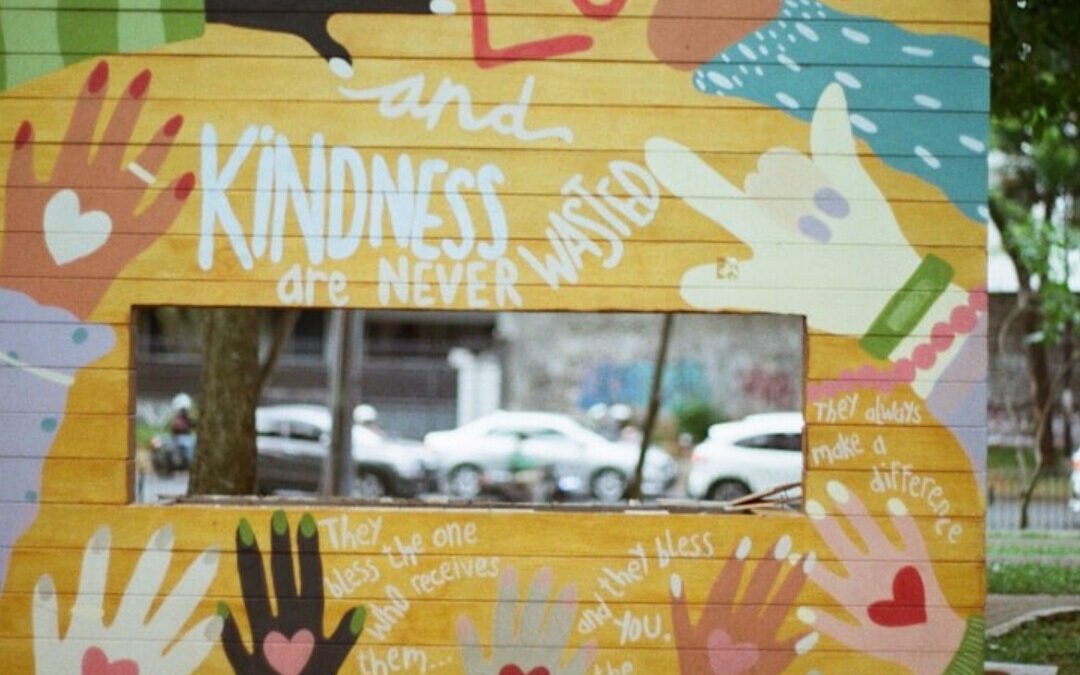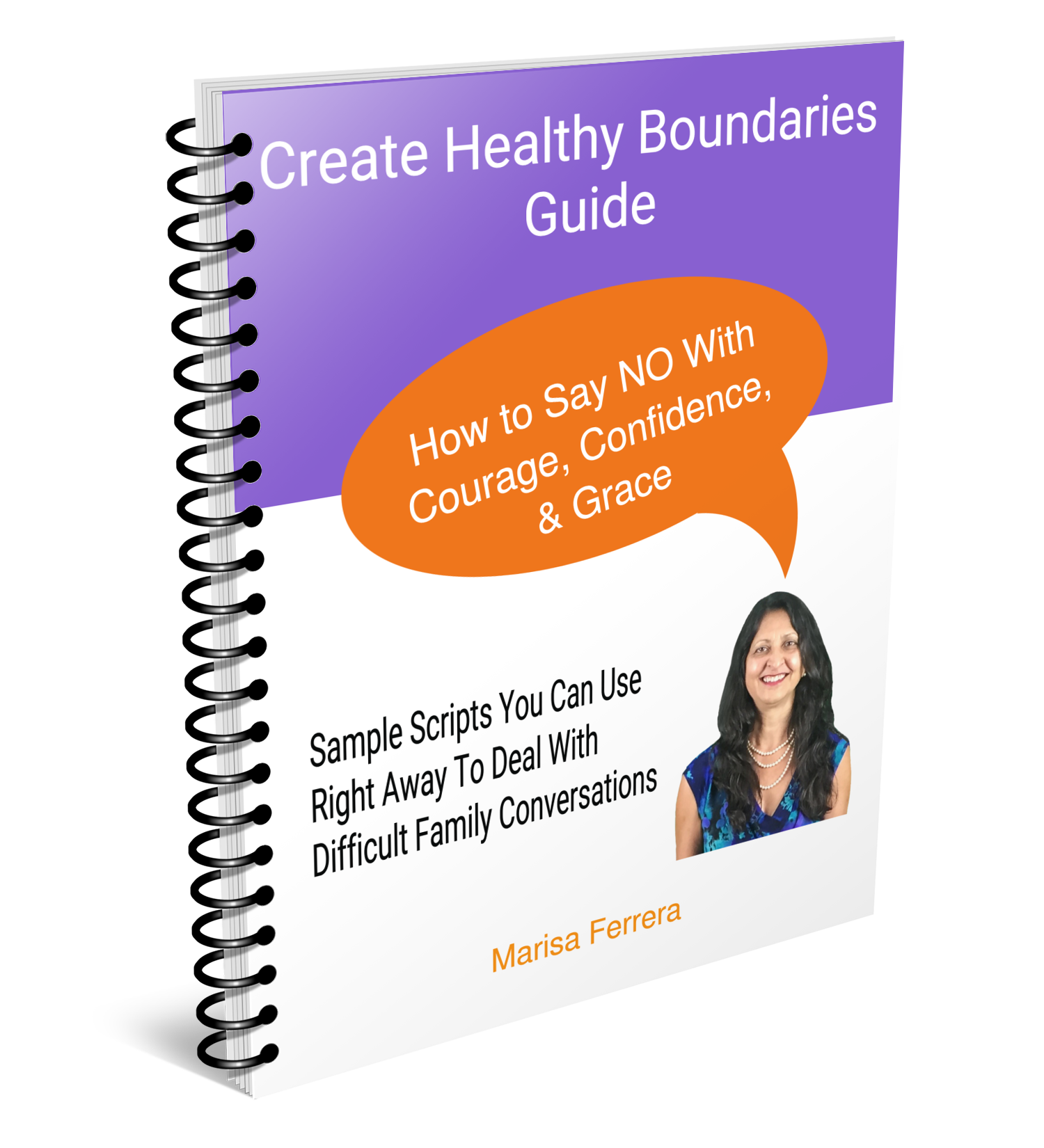Today, as we celebrate World Kindness Day, it’s a perfect opportunity to reflect on how kindness—true, compassionate, unwavering kindness—can be a powerful force in our lives, especially in our relationships with family. If you’ve ever struggled with challenging family dynamics, this message is for you. You’ve experienced firsthand how difficult it can be to navigate adult family relationships when emotions are high, boundaries feel unclear, and conversations often leave more pain than peace. Today, let’s explore how kindness can be the key to changing that.
What Kindness Really Means in Family Relationships
When we think of kindness, we often picture simple gestures of goodwill: a smile to a stranger, a helping hand, or a compassionate word. But kindness in the context of our closest relationships, especially those that are strained or complex, takes on a different, deeper meaning. It’s not just about being “nice” or “agreeable”—it’s about embodying understanding, empathy, and a sense of responsibility to show up in a way that reflects our values, even when it’s hard.
In difficult adult family relationships, kindness is about:
Self-respect: Honoring yourself by setting and maintaining healthy boundaries.
Empathy: Making an effort to understand another person’s perspective, even if you disagree.
Courage: Facing conflict in a way that prioritizes healing rather than avoidance or resentment.
Kindness, in this context, is the anchor that keeps us grounded when emotions might otherwise lead us astray.
Kindness Starts with You
One of the most transformative lessons in managing family relationships is realizing that kindness doesn’t start with the other person; it starts with you. Being kind to yourself means acknowledging your worth, giving yourself permission to feel and process your emotions, and making room for your own needs in any interaction. It involves rejecting the notion that to “keep the peace,” you must sacrifice your comfort or well-being.
Practicing self-kindness can take many forms:
1. Creating Healthy Boundaries: Boundaries are not walls but pathways to healthy, balanced interactions. They allow you to honor
both your needs and those of others. When you set boundaries from a place of kindness, you’re creating a clear structure for the relationship to thrive without resentment or overwhelm
2. Self-Compassion: It’s easy to internalize family conflict and blame ourselves, but this mindset only deepens wounds. Self-compassion allows us to forgive ourselves for past mistakes and to approach every family interaction as an opportunity for growth and connection.
3. Knowing When to Step Back: Sometimes kindness means giving yourself the gift of space. Stepping back temporarily doesn’t mean you don’t care; it means you value the relationship enough to come back with a clear, calm mind.
Kindness in Conflict: Turning Pain into Healing
In family dynamics, conflict is often inevitable. The power of kindness is that it transforms conflict into an opportunity for healing rather than further hurt. Here’s how kindness can guide you in moments of tension:
1. Pause and Listen: When we’re in the heat of the moment, our instinct may be to defend, argue, or shut down. But kindness invites us to pause and truly listen to what the other person is saying. Often, behind harsh words or challenging behavior is a cry for connection, understanding, or validation.
shut down. But kindness invites us to pause and truly listen to what the other person is saying. Often, behind harsh words or challenging behavior is a cry for connection, understanding, or validation.
2. Respond, Don’t React: Reacting is impulsive, while responding is intentional. Taking a moment to reflect before you speak allows you to respond in a way that’s aligned with your values, and it shows the other person that you are committed to a peaceful resolution.
3. Seek Solutions, Not Blame: Blame divides, but solutions unite. In a challenging conversation, shift the focus from “who’s right” to “how can we move forward?” This subtle change can make a significant impact, creating a space where both people feel heard and valued.
4. Forgive, Even if it’s Silent: Forgiveness is one of the ultimate acts of kindness. You don’t need to verbally forgive or even let the other person know, but holding a sense of forgiveness in your heart allows you to let go of resentment and approach the relationship with renewed openness.
Kindness as a Path to Deeper Connection
When you approach your family relationships from a place of kindness, something beautiful happens: the people around you begin to feel safe. They may not always mirror the same level of compassion right away, but your energy creates a ripple effect. The more you lead with kindness, the more likely you are to inspire kindness in return.
This World Kindness Day, let’s honor ourselves by practicing kindness in our family relationships. The truth is that even the most challenging dynamics can be transformed by consistent, intentional acts of kindness. You deserve to feel peace and joy in your family relationships. You deserve connections that nourish rather than drain you.
As you continue on your journey to create healthy, harmonious family relationships, remember that kindness is your greatest ally. It doesn’t require perfection or martyrdom; it simply requires an open heart, a compassionate mind, and the courage to choose peace over pride.
Let today be a reminder that the kindness you extend to others will always begin within you. By nurturing a kind relationship with yourself, you become the calm in the storm, the light in the darkness, and the heart that heals.
Book a complimentary Relationship Renewal Discovery Session with me today and get the clarity and direction you need to transform family conflict into deeper connections and experience more peace, love, and joy.



